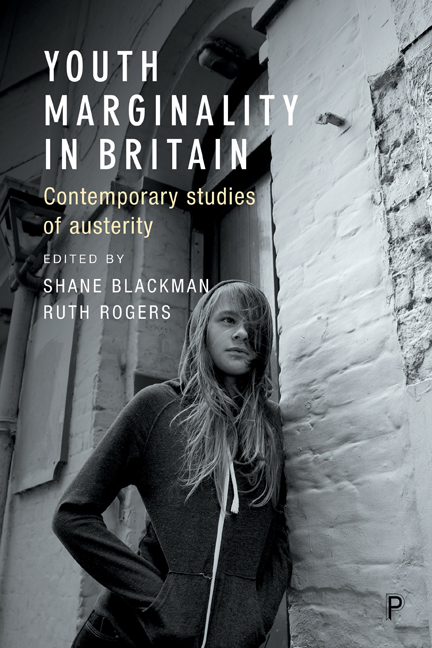ten - Apprentice or student as alternatives to marginalisation?
Published online by Cambridge University Press: 05 April 2022
Summary
Introduction
The 2015 Conservative government confirmed the emphasis placed on apprenticeships by the 2010–15 Coalition, effectively dividing all English 18-plus year olds into two official categories – apprentices or students. Theresa May reaffirmed David Cameron's apprentice offer with an apprentice wage paid for by a levy on large employers that was both unexpected and resented by employers. Despite this, the combination of scrapping maintenance grants for undergraduates while raising their fees, plus a demographic fall in the number of 18–19 year olds and some pick-up in the economy, unrelenting advertising of apprenticeships has not stopped most 18-plus year olds who are qualified applying for higher education. They and their parents hope for secure, semi-professional employment, and are aware that those who fail to embark on the academic route – or who fail to complete it to graduation and often beyond – are at risk of marginalisation.
So the ‘bubble’ in student debt has continued to grow. However, changes in the youth labour market and in the wider economy undermine the policy goals of restarting social mobility through academic competition and of regenerating productive industry through ‘German-style’ apprenticeships.
These policies are ‘magical solutions’ to a real social problem – the reversal of limited upward social mobility in the mid-20th century into mass downward social mobility in the 21st (Bukodi et al, 2014; Roberts, 2015), and the fact that the latest applications of new technology obviate the need for apprentices and are proletarianising many professions, just as they have previously deskilled many trades (Braverman, 1974; Cooley, 1987 (republished 2016); Susskind and Susskind, 2015).
This chapter opposes the political and professional unanimity in favour of trying to rebuild the vocational route, with its possible complement of reintroducing grammar schools. It recalls past failures of vocationalism since the collapse of industrial apprenticeships in the 1970s to trace the substitution of education and training for employment as the UK economy opened to global competition in the 1980s. This has contributed not only to ‘prolonging youth’, but also to an ongoing process of social class reformation.
So it can be asserted that – following the prolonged recession from 2008 – rather than a permanently marginalised minority, a reconstituted reserve army of labour (Marx, 1971, pp642-55) has racheted up to include perhaps half of all employed people in insecure, unskilled, low-paid work.
- Type
- Chapter
- Information
- Youth Marginality in BritainContemporary Studies of Austerity, pp. 163 - 176Publisher: Bristol University PressPrint publication year: 2017

